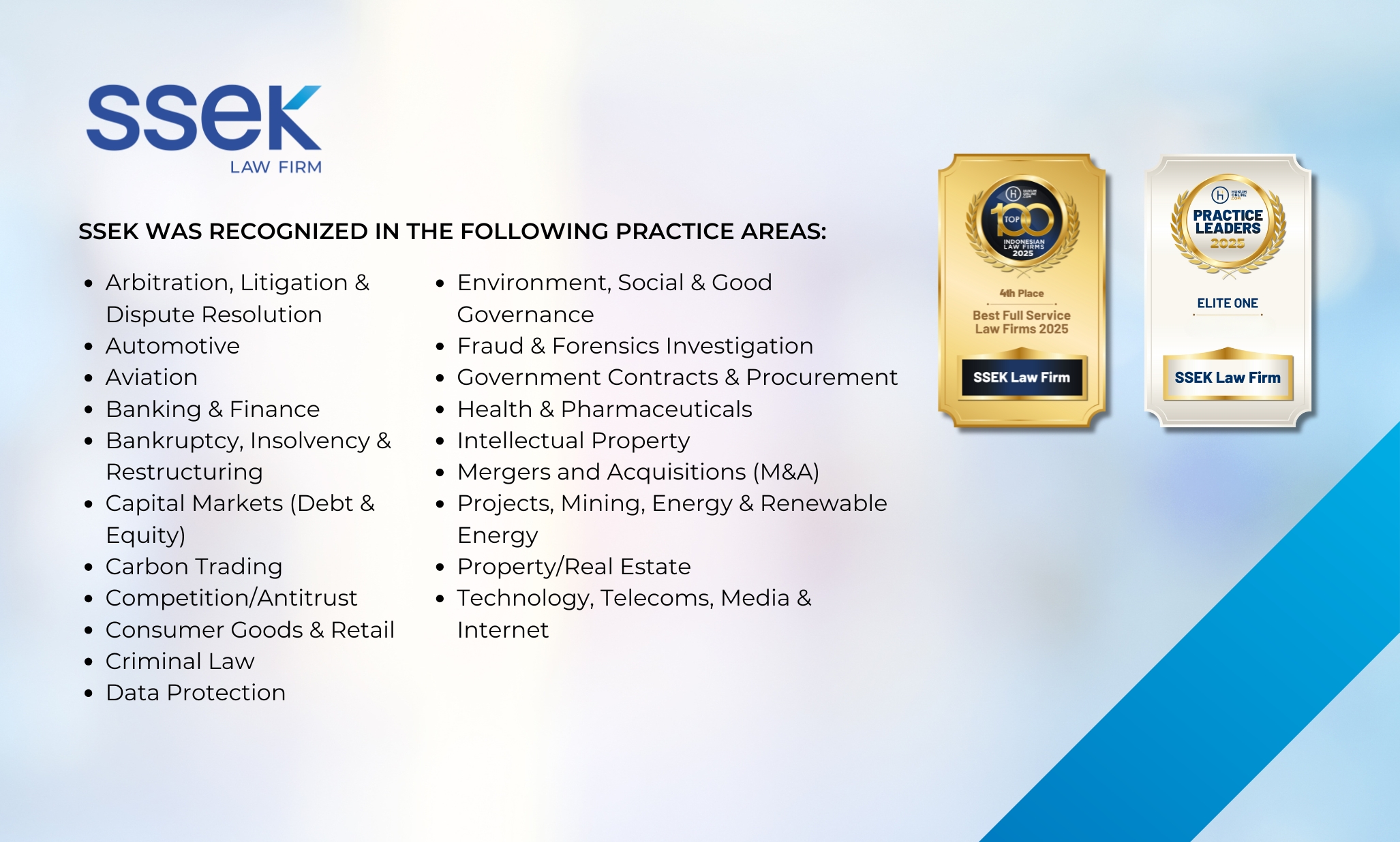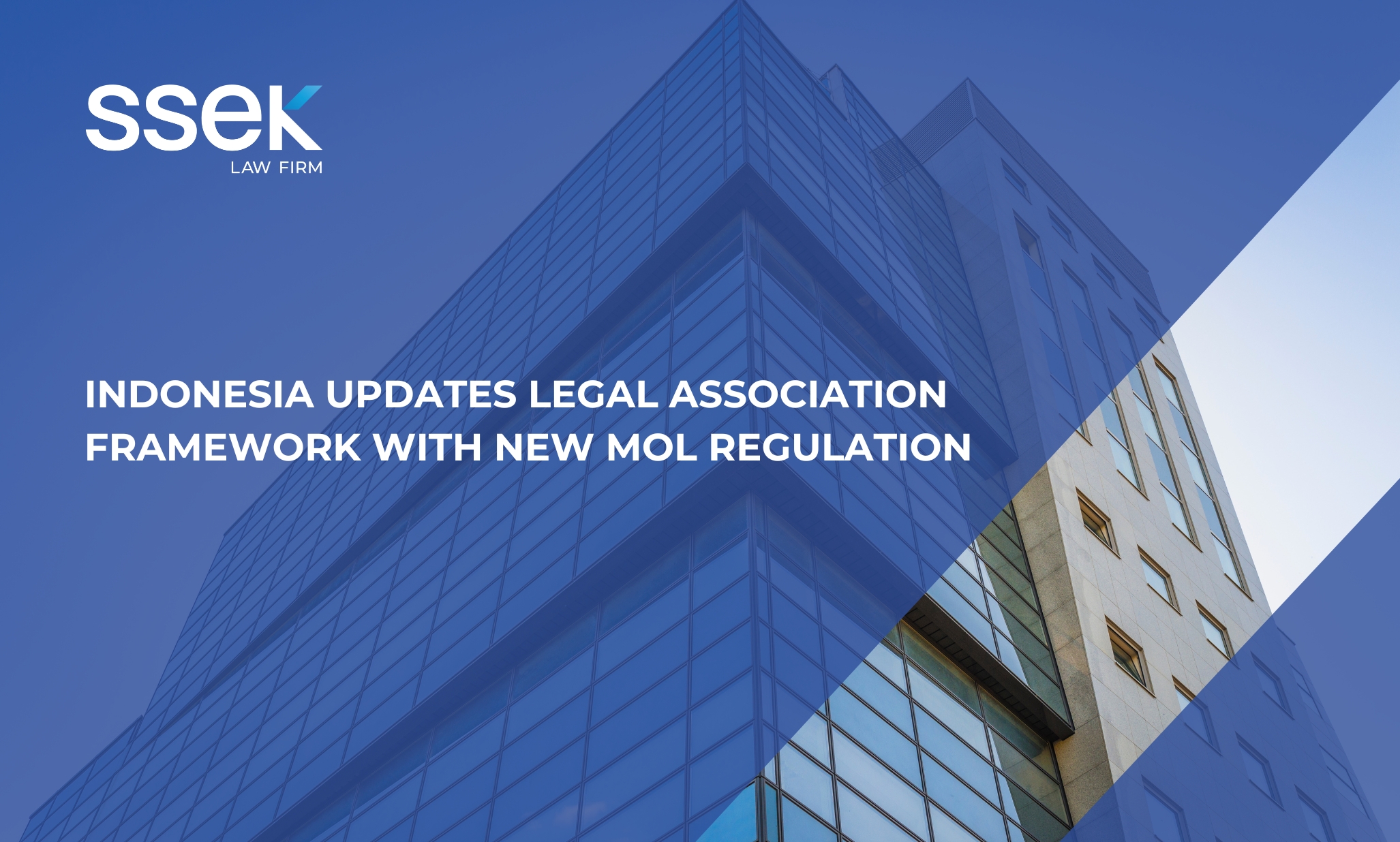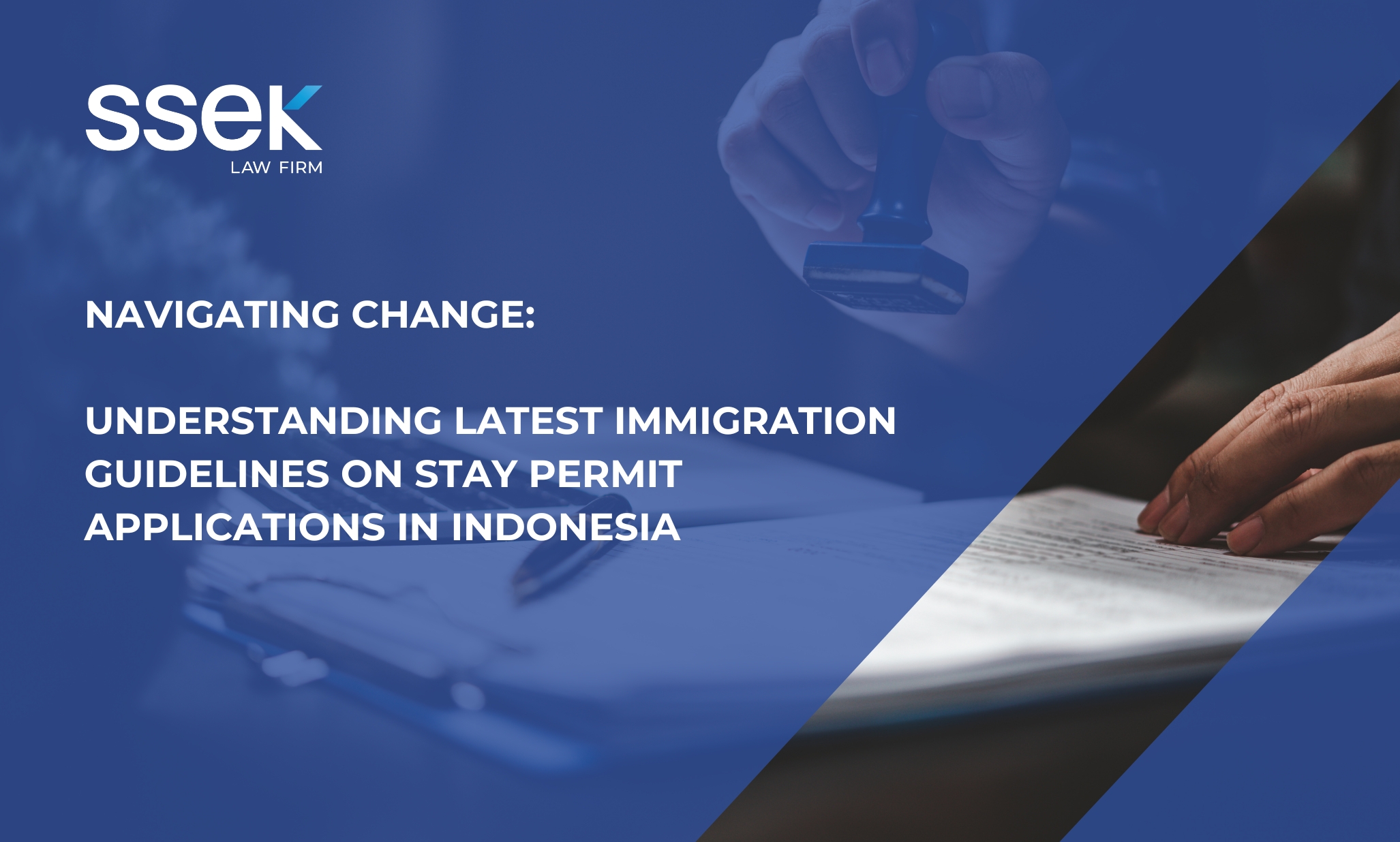

(15 July 2022) Indonesia\'s Omnibus Law (Law No. 11 of 2020 on Job Creation), which was issued on November 2, 2020, set new standards for employment terms and conditions by introducing new concepts and rules, including for the establishment of foreign investment outsourcing companies.
The outsourcing rules under Indonesia\'s old Labor Law were confusing and ambiguous. Previously, outsourcing was divided into \"outsourcing of services” and \"outsourcing of labor supply,” each with a different set of rules.
Government Regulation No. 35 of 2021 regarding Fixed-Term Contract, Outsourcing, Work and Resting Hours, and Termination of Employment (\"GR 35”), issued as an implementing regulation for the Omnibus Law, eliminated this distinction and revoked various procedural requirements. It also eliminated the previous restriction that outsourcing was limited to non-core business processes. The focus of GR 35 is the protection of outsourced employees and the licensing of outsourcing companies established by foreign investors.
An overseas company establishing a presence in Indonesia to set up an outsourcing company must first establish a limited liability company with foreign ownership, known in Indonesia as a PT PMA. To establish a PT PMA, the founding shareholders or their proxies must execute a deed of establishment containing the PT PMA's articles of association (\"AOA”), which must be signed before a notary public and filed for approval with the Indonesian Ministry of Law and Human Rights (\"MOLHR”). The filing process at the MOLHR will be handled by the notary. Once the MOLHR approves the AOA, the PT PMA must register with the Online Single Submission (\"OSS”) system.
Outsourcing is open to foreign investors
Currently, under Article 12 paragraph (7) of Ministry of Investment / Indonesia Investment Coordinating Board (\"BKPM”) Regulation No. 4 of 2021 regarding Guidelines and Procedures for Risk-Based Business Licensing Services (\"BKPM Reg. 4/2021”), the total investment value for a PT PMA must be more than IDR 10 billion (approximately USD 675,000) for each 5-digit Indonesian Standard Business Classification (Klasifikasi Baku Lapangan Usaha Indonesia or \"KBLI”) number per location, not including land and building.
Further, as part of the business licensing process, Article 10 of Government Regulation No. 5 of 2021 regarding Implementation of Risked-Based Licensing (\"GR 5/2021”) stipulates that the business activities of companies under the KBLI numbers are categorized into one of four risk levels:
- Low Risk
- Medium-Low Risk
- Medium-High Risk
- High Risk
For business activities categorized as Low Risk or Medium-Low Risk, the company\'s business licenses shall be considered effective immediately with no further verification by the relevant authorities required. For activities classified as Medium-High Risk or High Risk, verifications and other requirements must be completed prior to the issuance of an effective standard certificate/license.
The common KBLIs for outsourcing companies are as follows:
|
No. |
KBLI Number and Definition
|
Foreign Ownership Restriction |
Risk Category |
Licensing Requirement |
|
1. |
78300 - Provision of Human Resources and Management of Human Resource Functions |
No foreign ownership restriction |
Low Risk |
Business Identification Number (Nomor Induk Berusaha or \"NIB”) |
|
2. |
78101 - Domestic Workforce Selection and Placement Activities |
No foreign ownership restriction |
Medium-High Risk |
NIB and Standard Certificate |
Investors are recommended to choose only those KBLI numbers that are essential to conducting their business.
In practice, a PT PMA outsourcing company will use KBLI 78101, which covers domestic workforce placement activities. This is classified as a Medium-High Risk activity under GR 5/2021. This risk level classification means the PT PMA\'s Standard Certificate must be further verified by the Ministry of Manpower. As part of this verification purpose, the company must provide the following documents:
- Copy of signed and duly stamped Statement Letter on the company\'s commitment in regard to the business licenses;
- Copies of documents evidencing:
- The company\'s cooperation with hospitals or clinics near the company\'s office to provide healthcare to outsourced employees; a simple memorandum of understanding is sufficient; and
- The company\'s quality management system, i.e., ISO 9001 certificate or a statement letter of the company\'s commitment to put in place such a quality management system no later than five years after obtaining its business licenses;
- Copy of the company\'s organizational chart;
- Photograph of the company\'s signboard. The actual signboard should measure 1m x 1.5m;
- Copy of Manpower Placement Process Business Flow Document (Dokumen Alur Bisnis Proses Penempatan Tenaga Kerja);
- Copy of Domestic Workforce Placement Business Activities Plan for a minimum of one year; and
- Photo of the company\'s President Director measuring 4x6cm against a red background.
Conclusion
Indonesia no longer prohibits foreign investors from engaging in outsourcing business activities. However, it remains to be seen whether allowing PT PMA outsourcing companies will create abundant job opportunities for employees in Indonesia.
For more information, please contact:
Indrawan Dwi Yuriutomo, Associate
indrawanyuriutomo@ssek.com
The above material is intended for informational purposes only and does not constitute legal advice. Circumstances may change and this material may become outdated. SSEK is under no obligation to update or correct this material. Any reliance on the material contained herein is at the user\'s own risk.









